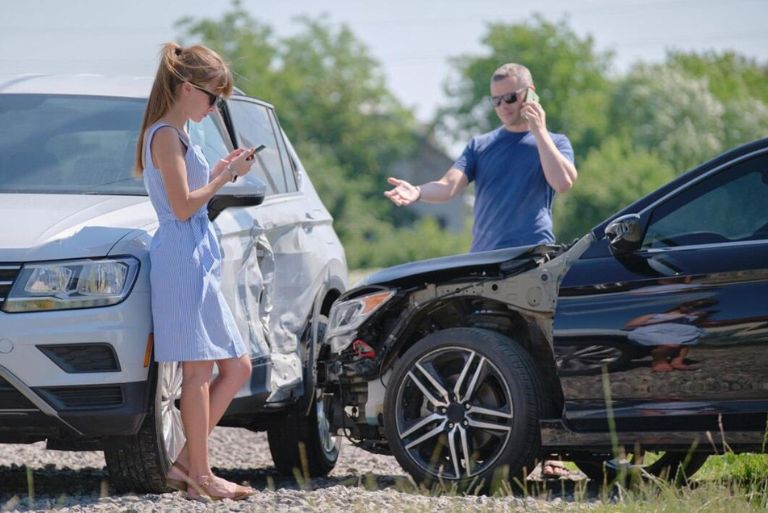
How Self-Insured Car Insurance Works?
Let us help you save up to 30% on Auto Insurance

Let us help you save up to 30% on Auto Insurance
Home / Blog / Auto Insurance / How Self-Insured Car Insurance Works?
Self-insured car insurance refers to when drivers choose to assume the financial risks of driving their car without a standard car insurance policy. To choose self-insurance, drivers must meet their state’s requirements; otherwise, the driver would be considered uninsured and could face penalties for driving without insurance.
To be self-insured, drivers must prove that they have the money to cover potential expenses after an accident. States may require them to make a cash deposit in a savings account and leave the account information with the department of motor vehicles. In some states, drivers can purchase surety bonds that guarantee they’ll cover the cost of an accident. Some states even allow drivers who have a large amount of cars on the road, such as a fleet of 25 or more, to prove they can self-insure their vehicles.
Exact requirements vary from state to state, so contact your department of motor vehicles if you’re interested in self-insuring.

Most states (except Alabama, Illinois, Indiana, Iowa, Kansas, Maryland, Nevada, New Mexico, New York, North Carolina, Ohio, Oklahoma, South Carolina, Texas, Utah, Washington D.C., and Wyoming allow automobile self-insurance ) require drivers to carry a minimum amount of car insurance to drive a vehicle. It’s a precaution to ensure that if you’re ever at fault in an accident, the other driver’s vehicle costs and medical expenses will be paid, and it works to help protect you, too. However, some drivers have sufficient funds to cover potential accident expenses themselves, so in some cases, self-insured car insurance may be an option.
There are several pros and cons to self-insurance to consider.
Whether or not to self-insure your vehicle is a personal choice, and it may or may not be feasible depending on your financial situation. It’s important to carefully consider the amount of risk that you’re comfortable taking on, as well as whether you can afford to have a large investment tied up in a savings account. Consider whether having to pay out that money to cover expenses after an accident would have a significant financial impact, or if you’re more comfortable buying a traditional car insurance policy.
To get a sense of what you would pay for car insurance, you can get free car insurance quotes online today. Then, compare those quotes and consider factors like your premiums, coverage limits, deductibles, and any exclusions to see if traditional car insurance might be right for you.
Paige Cerulli Paige Cerulli is a freelance content writer and journalist who specializes in personal finance topics. She graduated from Westfield State University and brings more than a decade of professional writing experience to the ConsumerCoverage team. Paige’s work has appeared in outlets including USA Today, Business Insider, and more.